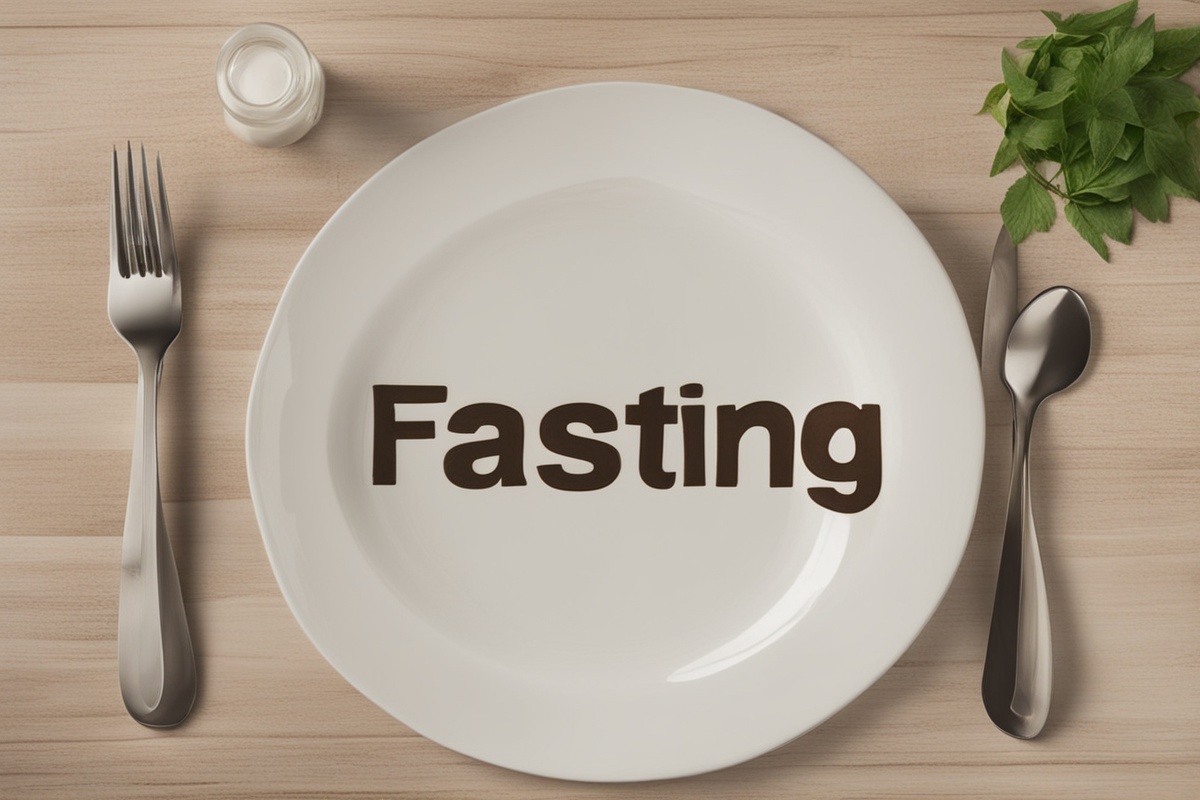Have you ever wondered why fasting works as a powerful tool for transforming your health? fasting, the practice of voluntarily abstaining from food for a specific period, has been around for centuries, rooted in cultural, religious, and health traditions. Today, it’s gaining massive popularity as science uncovers its profound benefits for both body and mind. Whether you’re curious about intermittent fasting, extended fasts, or just want to understand how skipping a meal can improve your life, this post will dive deep into the reasons fasting is more than a trend—it’s a lifestyle game-changer. Let’s explore the science, the benefits, and some practical tips to make fasting work for you.
The Science Behind Why fasting Works
At its core, fasting taps into the body’s natural ability to heal and reset. When you stop eating for a while, your body shifts from using glucose (from food) as its primary energy source to burning stored fat through a process called ketosis. This metabolic switch is one of the key reasons why fasting works for weight loss and energy optimization. But the magic doesn’t stop there. Fasting also triggers autophagy, a cellular “cleanup” process where damaged cells are recycled, promoting longevity and reducing the risk of diseases like cancer and Alzheimer’s. Studies, such as those published in the New England Journal of Medicine, show that fasting can lower insulin levels, improve blood sugar control, and reduce inflammation—core factors in preventing chronic illnesses.
Fasting for Weight Loss: A Natural Approach
One of the most popular reasons people turn to fasting is for weight management, and it’s easy to see why fasting works in this area. By creating a calorie deficit without the need for strict dieting, fasting helps you consume fewer calories overall. Intermittent fasting, for example, often involves cycles like the 16:8 method (fast for 16 hours, eat during an 8-hour window), which naturally limits overeating. Beyond calorie control, fasting boosts metabolism by increasing levels of norepinephrine, a hormone that enhances fat burning. If you’ve been struggling with stubborn weight, understanding the benefits of intermittent fasting could be your breakthrough.
- Reduces overall calorie intake by shortening eating windows.
- Enhances fat-burning hormones for efficient weight loss.
- Helps control hunger by stabilizing blood sugar levels.
- Supports sustainable weight management without restrictive diets.
Mental Clarity and Emotional Balance Through Fasting
While physical benefits often take the spotlight, the mental perks of fasting are just as compelling. Ever noticed how your mind feels sharper after skipping a heavy meal? That’s no coincidence. Fasting promotes the production of brain-derived neurotrophic factor (BDNF), a protein that supports brain health, memory, and learning. This is part of why fasting works to combat brain fog and boost focus. Additionally, many fasters report improved mood and reduced anxiety, likely due to stabilized blood sugar and reduced inflammation affecting the brain. If you’re looking to enhance productivity or emotional resilience, fasting might be the mental reset you need.
Fasting for Longevity and Disease Prevention
Want to live longer and healthier? Fasting might hold the key. Research shows that fasting can slow aging at a cellular level by reducing oxidative stress and inflammation—two major drivers of aging and chronic disease. This is another reason why fasting works as a preventative health strategy. Studies on animals and humans suggest that fasting regimens like time-restricted eating can lower the risk of heart disease, diabetes, and even certain cancers. For instance, a 2019 study in Cell Metabolism found that fasting improves cardiovascular markers like blood pressure and cholesterol. By giving your body a break from constant digestion, you’re essentially giving it time to repair and protect itself.
How to Make Fasting Work for You: Practical Tips
Now that you understand why fasting works, let’s talk about how to integrate it into your life safely and effectively. Fasting isn’t a one-size-fits-all approach, so it’s important to start slow and listen to your body. If you’re new to fasting, jumping into a 24-hour fast might be overwhelming. Instead, try a beginner-friendly method like the 12:12 (12 hours fasting, 12 hours eating) and gradually increase the fasting window. Stay hydrated with water, herbal teas, or black coffee, as dehydration can mimic hunger. Also, focus on nutrient-dense meals during your eating windows to fuel your body properly. With the right mindset and preparation, the benefits of fasting for health can be yours to enjoy.
- Start with a manageable fasting schedule, like 12:12, before progressing to longer fasts.
- Stay hydrated with water or unsweetened teas to curb false hunger signals.
- Break your fast with light, nutrient-rich foods to avoid digestive discomfort.
- Consult a healthcare provider if you have medical conditions or concerns.
- Track your progress and adjust based on how your body feels.
Common Myths About Fasting Debunked
Despite the growing evidence on why fasting works, myths and misconceptions still linger. Some believe fasting slows metabolism or causes muscle loss, but research debunks these fears. Short-term fasting actually preserves muscle mass by increasing growth hormone levels, and metabolism often gets a boost, not a slowdown. Another myth is that fasting means starvation—far from it! When done correctly, fasting is a controlled, intentional practice that nourishes the body through rest and repair. Understanding the truth behind fasting benefits can help you approach it with confidence and clarity.
In conclusion, it’s clear that why fasting works isn’t just a question—it’s a statement backed by science, history, and countless personal success stories. From weight loss and mental clarity to longevity and disease prevention, the benefits of intermittent fasting and other fasting methods are hard to ignore. By tapping into your body’s natural rhythms, fasting offers a sustainable way to improve your health without extreme measures. Whether you’re a beginner or a seasoned faster, remember to start small, stay consistent, and prioritize your well-being. So, why not give fasting a try? Your body—and mind—might just thank you for it. Share your thoughts or experiences with fasting in the comments below; I’d love to hear how it’s worked for you!






